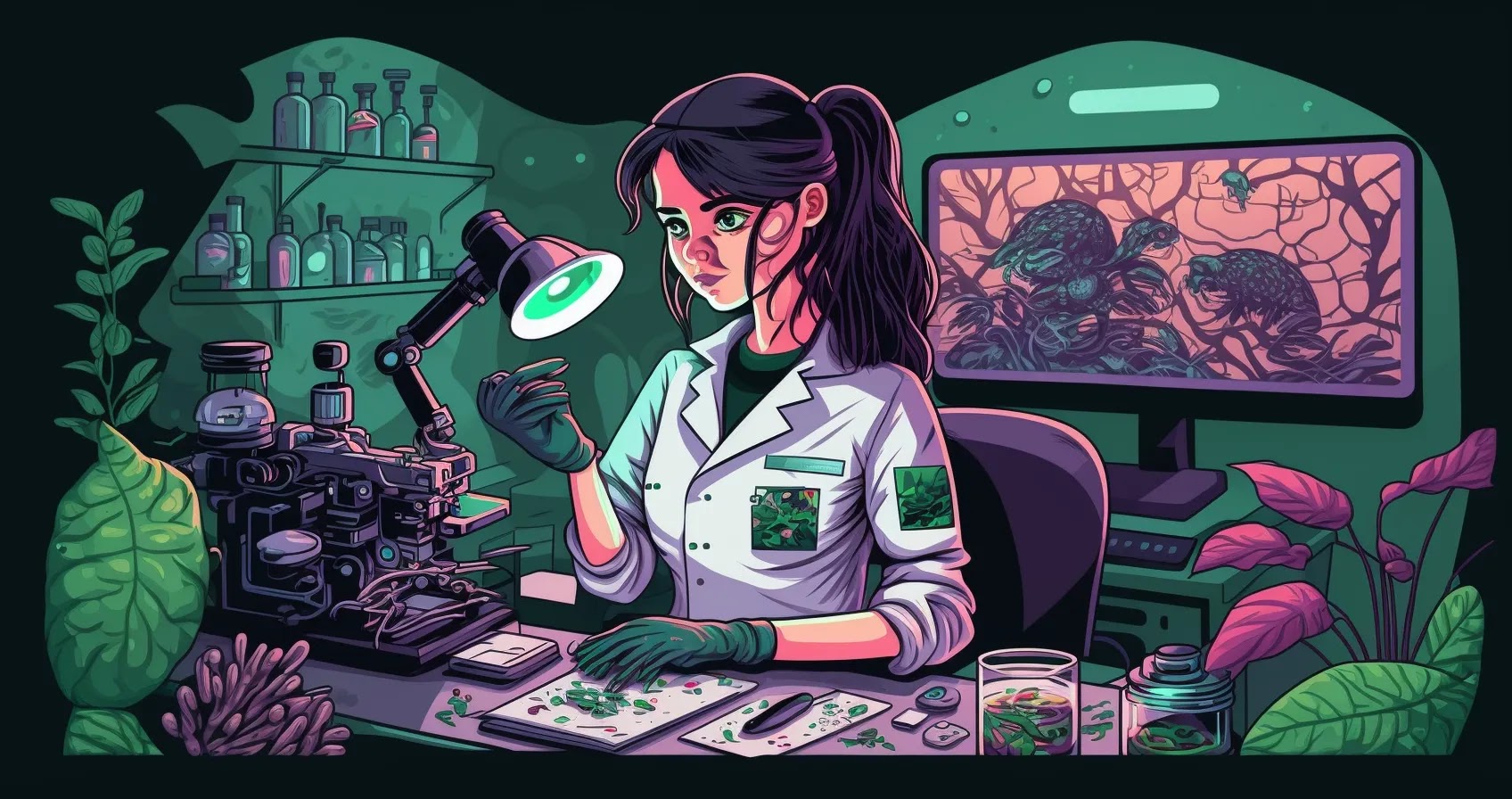Are you passionate about biology and interested in pursuing a career in the field? Consider becoming a biological technician!
As a biological technician, you will work in a laboratory setting to conduct experiments, analyze data, and assist scientists in their research.

Reasons to become a Biological Technician
There are several reasons why you should consider becoming a biological technician. Firstly, it is a highly rewarding career that allows you to contribute to scientific discoveries and advancements.
Additionally, you will have the opportunity to work with cutting-edge technology and equipment. Furthermore, there is a growing demand for biological technicians in various fields, including medical research, biotechnology, and agriculture.
How to become a Biological Technician
To become a biological technician, you will typically need an associate degree in biology or a related field. Some employers may also require a bachelor’s degree, especially for more advanced positions. It is also important to gain hands-on experience through internships or laboratory work during your studies.
Skills for Biological Technicians
As a biological technician, you will need to have strong analytical and problem-solving skills. You should also be detail-oriented and able to follow strict protocols and procedures. Additionally, good communication and teamwork skills are essential as you will often be working with other scientists and researchers.
Career Development
As you gain experience as a biological technician, you may have the opportunity to advance to more senior roles, such as laboratory manager or research scientist. Additionally, you may choose to specialize in a specific area of biology, such as genetics or microbiology.
Requirements of Biological Technicians
While requirements may vary depending on the employer and the specific role, most biological technicians will need at least an associate degree in biology or a related field. Additionally, some employers may require certification or licensure.
Interview Preparation for Biological Technicians
During the interview process, be prepared to discuss your education and any relevant experience you have. You should also be prepared to answer questions about your problem-solving skills, attention to detail, and ability to work in a team.
Work-Life Balance
As a biological technician, you will typically work in a laboratory setting during regular business hours. This means that you can enjoy a good work-life balance and have time for other activities outside of work.
A Day in the Life of a Biological Technician
Here is a glimpse of what a typical day in the life of a biological technician may look like:
| Time | Task |
|---|---|
| 9:00am | Arrive at the laboratory and review the day’s experiments |
| 10:00am | Prepare samples and conduct experiments |
| 12:00pm | Lunch break |
| 1:00pm | Analyze data and prepare reports |
| 4:00pm | Clean and maintain laboratory equipment |
| 5:00pm | Wrap up the day’s work and prepare for tomorrow |
FAQs
What is the average salary for a biological technician?
What are some common employers of biological technicians?
What is the job outlook for biological technicians?
Wrapping Up
Becoming a biological technician is an excellent career choice for those interested in biology and scientific research. With the right education, skills, and experience, you can enjoy a fulfilling and rewarding career in this field.










